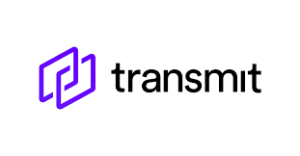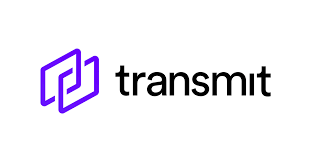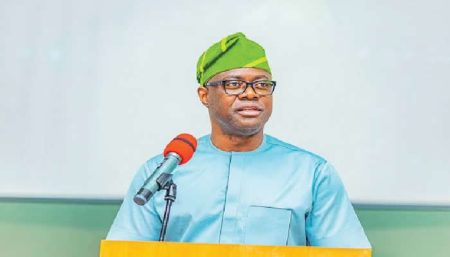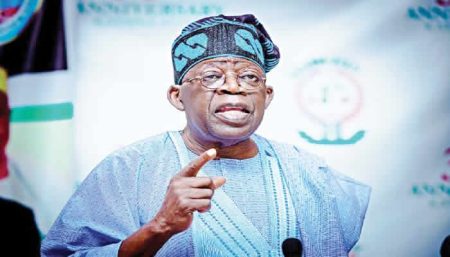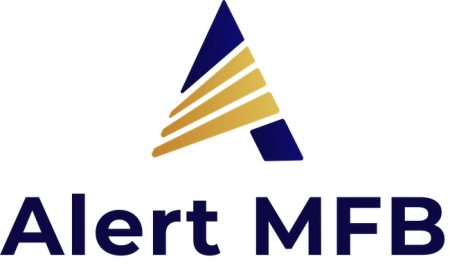The Delta State Government has embarked on a significant transparency and accountability drive with the launch of a comprehensive whistle-blower policy. This initiative empowers citizens to actively participate in monitoring public projects and reporting any instances of substandard or poorly executed work. The policy underscores the government’s commitment to ensuring value for money in all public projects and fosters a culture of accountability among contractors and government officials. By providing a direct channel for citizens to voice their concerns, the government aims to strengthen the quality of infrastructure development across the state and deter any potential compromise on project standards.
The heart of the whistle-blower policy lies in its accessibility and ease of use. Citizens can report suspected substandard projects through various channels, including text messages, WhatsApp messages, pictures, and videos, all directed to a dedicated hotline. This multi-platform approach ensures that reporting mechanisms are readily available to all residents, regardless of their technological proficiency. The simplicity of the reporting process encourages active citizen participation and strengthens public oversight of government projects. By facilitating direct communication between the public and the authorities, the policy fosters a sense of shared responsibility in ensuring the quality and durability of public infrastructure.
The effectiveness of the whistle-blower policy is already evident in the immediate response it has generated. Within a remarkably short period following its launch, the hotline has received numerous reports concerning projects suspected of falling short of the required standards. This prompt feedback underscores the public’s eagerness to engage with the policy and highlights the potential for impactful change. The government’s swift acknowledgment of these reports and its commitment to taking decisive action demonstrate the seriousness with which it regards the policy and its determination to address the concerns raised by citizens.
The Delta State Government has adopted a zero-tolerance approach to substandard project execution. The Commissioner for Works (Rural Roads) and Public Information, Charles Aniagwu, has issued a stern warning to contractors, emphasizing that no political connections or personal relationships will shield them from accountability. This unwavering stance reinforces the government’s commitment to prioritizing quality and value for money above all other considerations. By holding contractors to the highest standards of performance, the government aims to ensure that public funds are utilized effectively and that infrastructure projects deliver long-term benefits to the community.
The protection of whistle-blowers is paramount to the success of the policy. The government has implemented measures to safeguard the identities of those who report substandard projects, ensuring their anonymity and shielding them from potential repercussions. This commitment to confidentiality encourages citizens to come forward without fear of reprisal, fostering an environment of trust and transparency. By providing a safe and secure platform for reporting, the government empowers citizens to actively participate in upholding project standards and contribute to the overall improvement of public infrastructure.
The Delta State Government’s whistle-blower policy represents a significant step towards enhancing transparency and accountability in public project execution. By empowering citizens to act as vigilant monitors and providing them with easily accessible reporting channels, the government is fostering a culture of shared responsibility for infrastructure development. The immediate response to the policy, evidenced by the influx of reports, underscores its potential to drive positive change and ensure that public projects consistently meet the highest standards of quality and value for money. The government’s commitment to protecting whistle-blowers further strengthens the policy’s effectiveness and encourages active citizen participation in building a more accountable and transparent governance system.


